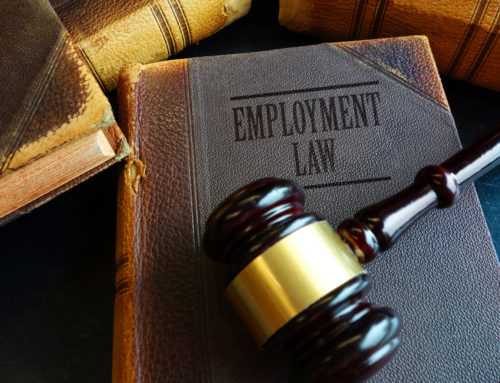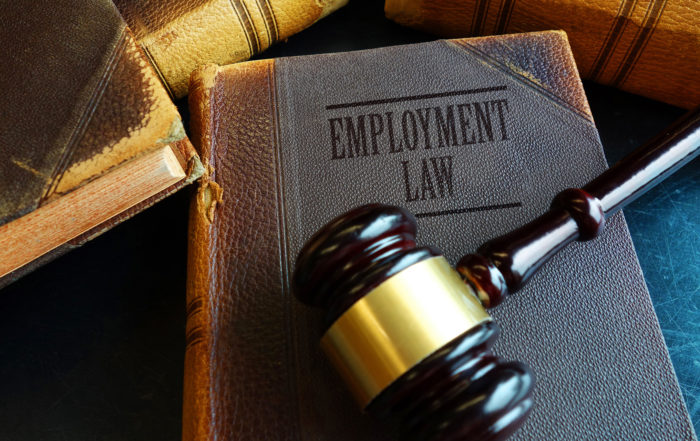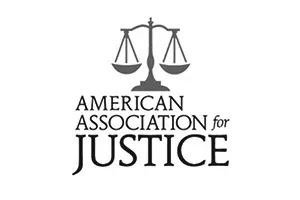
Promotion of Equality and Prevention of Unfair Discrimination Act 4 of 2000 (PEPUDA)
PEPUDA was enacted to give effect to s9 of the Constitution in order to promote equality. It is important to note that PEPUDA does not apply to any person to whom the Employment Equity Act applies. The Employment Equity Act applies to all employers and employees except those relating to the National Defense Force, the National Intelligence Agency or the South African Secret Service. “employee” includes an applicant for employment and a temporary employee. PEPUDA will thus cover any person who does not fall within the definition of “employee”.
Section 6 of PEPUDA creates a general prohibition of unfair discrimination. The chapter goes on to prohibit discrimination more specifically on the grounds of race, gender and disability. Specific examples for the labour and employment sphere provided by the Act in the schedule to s29 and are as follows:
- Creating artificial barriers to equal access to employment opportunities by using certain recruitment and selection procedures;
- Applying practices which unfairly discriminate against persons from groups identified by the prohibited grounds;
- Failing to respect the principle of equal pay for equal work;
- Perpetuating disproportionate income differentials derived from past unfair discrimination.
Any person who believes that they are being discriminated against either unfairly or on a prohibited ground may approach any High Court as it functions as an equality court for that area of its jurisdiction.
- If a case of discrimination is made, the burden is on the alleged discriminator to prove that no such discrimination took place or that such discrimination was fair. Section 14 states the following:
“It is not unfair discrimination to take measures designed to protect or advance persons or categories of persons disadvantaged by unfair discrimination or such members of such groups or categories of persons.”
- On the other hand unfairness occurs when an employer’s conduct infringes the employee’s entrenched rights, is one-sided, unnecessary and/ or inappropriate under the circumstances.
In determining whether the discrimination was fair the following must be taken into account in terms of s14(2):
- The context;
- The factors in s14(3); and
- Whether the discrimination reasonably and justifiably differentiates between persons according to objectively determinable criteria, intrinsic to the activity concerned.
The factors referred to in s14(3) include factors such as:
- Whether the discrimination impairs or is likely to impair human dignity;
- The nature and extent of such discrimination;
- Whether the discrimination has a legitimate purpose; and
- The impact or likely impact of the discrimination on the complainant.
After the court has made a finding it may make an appropriate order in the circumstances, which may include an order for damages, specific action to be taken or refrained from, an unconditional apology and an order for costs.
The current position on objections to the con/arb process
Con/arb process - The Commission for Conciliation, Mediation[...]
Out of time? Think again – The CCMA and its rules
By Lara Keil (Candidate Legal Practitioner) under the[...]
RAF’s lodgement requirements: Claimants further prejudiced
By Lara Keil (Candidate Legal Practitioner) under[...]

















